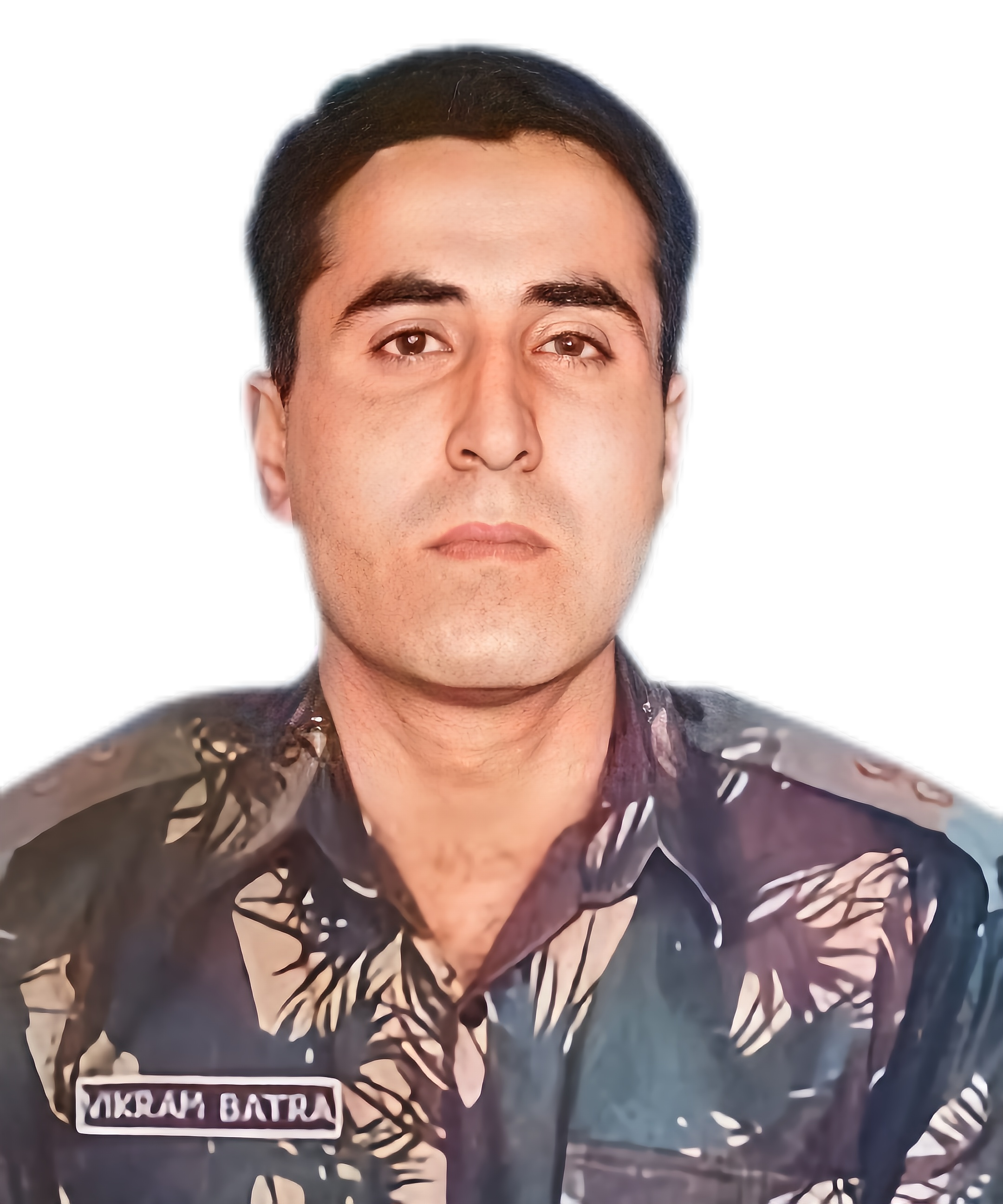
Captain Vikram Batra (PVC)
Born: September 9, 1974
Martyrdom: July 7, 1999 (Kargil War)
"Yeh Dil Maange More!"
Captain Vikram Batra is known for his unmatched valor during the Kargil War. Commanding his unit with extraordinary courage, he played a key role in capturing Point 4875, a key peak. His fearless approach and infamous slogan, "Yeh Dil Maange More," became a rallying cry for the entire nation. For his supreme sacrifice and leadership, he was posthumously awarded the Param Vir Chakra, India's highest military honor.
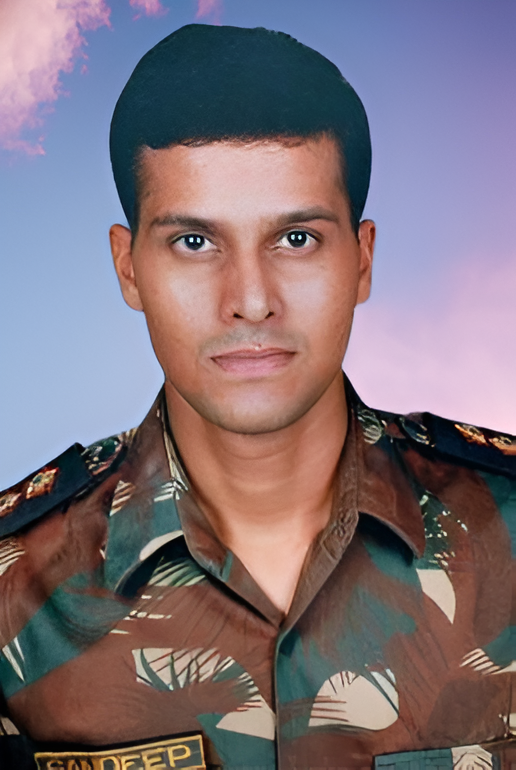
Major Sandeep Unnikrishnan (AC)
Born: March 15, 1977
Martyrdom: November 28, 2008 (26/11 Mumbai attacks)
"Don't come up, I'll handle them."
Major Sandeep Unnikrishnan's valour during the 26/11 Mumbai attacks is etched in the pages of history. As a member of the National Security Guard, he led the operation to rescue hostages at the Taj Mahal Palace Hotel. His last words, "Don't come up, I'll handle them," epitomize his selfless valor and devotion to duty. He was posthumously awarded the Ashoka Chakra for his valor in a time of grave crisis.
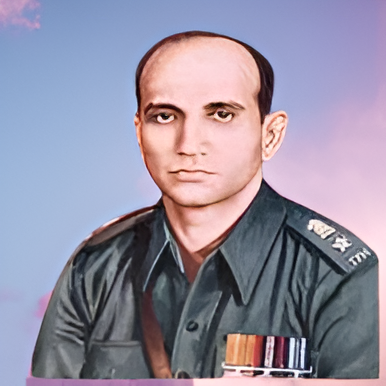
Lt. Col. Ardeshir Burjorji Tarapore (PVC)
Born: August 18, 1923
Martyrdom: September 16, 1965 (Indo-Pak War of 1965)
"A true hero fights not because he hates what is in front of him, but because he loves what is behind him."
Lt. Col. Ardeshir Tarapore displayed exceptional leadership and valor during the Indo-Pak War of 1965. Commanding the 17th Poona Horse Regiment, he led his unit in several successful attacks despite being seriously wounded. His conduct in the Battle of Phillora significantly contributed to India's strategic advantage. For his indomitable spirit, he was posthumously awarded the Param Vir Chakra.
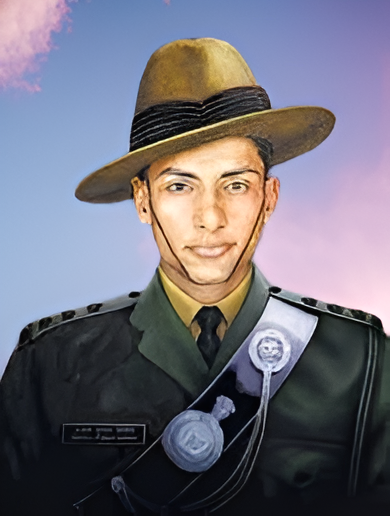
Captain Manoj Kumar Pandey (PVC)
Born: June 25, 1975
Martyrdom: July 3, 1999 (Kargil War)
"Even if death comes, I will give proof of my blood."
Captain Manoj Kumar Pandey's courage during the Kargil War is legendary. Leading his men in the Batalik Sector, he played a crucial role in securing the strategic Jubar Top. Despite severe injuries, he continued to lead his troops with determination, ensuring a critical victory. His fearless spirit and ultimate sacrifice were recognized with the award of the Param Vir Chakra posthumously.
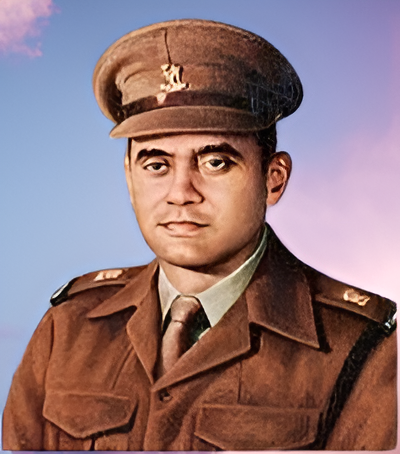
Major Shaitan Singh (PVC)
Born: December 1, 1924
Martyrdom: November 18, 1962 (Indo-China War)
"The true glory of a soldier lies in his indomitable courage and unflinching spirit."
Major Shaitan Singh's heroism during the Indo-China War of 1962 is a remarkable tale of valor. Commanding the 13 Kumaon Battalion at Rezang La, he led his troops in a fierce defense against an overwhelming Chinese army. Despite being heavily outnumbered, he inspired his men to fight until the last breath, holding the post at a great cost. For his extraordinary bravery, he was posthumously awarded the Param Vir Chakra.
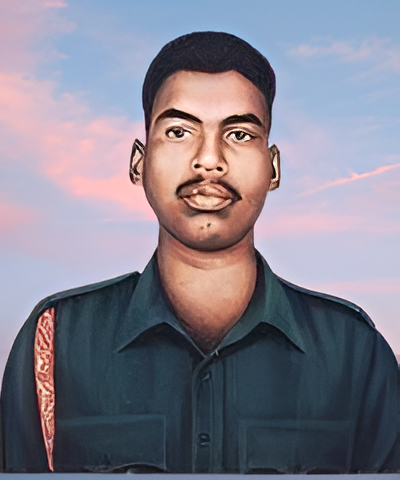
Lance Naik Albert Ekka (PVC)
Born: December 27, 1942
Martyrdom: December 3, 1971 (Indo-Pak War of 1971)
"Courage does not mean the absence of fear, but the triumph over it."
Lance Naik Albert Ekka's bravery during the Indo-Pak War of 1971 was exemplary. Serving with the 14th Battalion of the Brigade of the Guards, he played a key role in the Battle of Gangasagar. Despite serious injuries, he continued to attack enemy positions, contributing significantly to the success of the mission. For his exceptional courage and sacrifice, he was posthumously awarded the Param Vir Chakra.
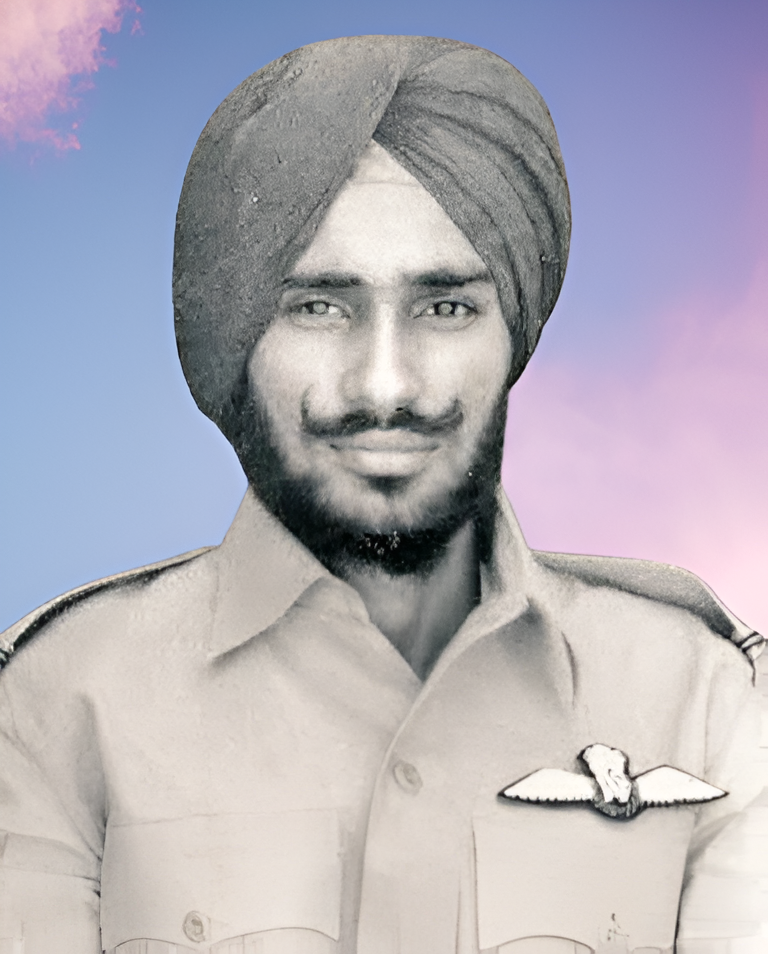
Flying Officer Nirmal Jit Singh Sekhon (PVC)
Born: July 17, 1943
Martyrdom: December 14, 1971 (Indo-Pak War of 1971)
"In the skies, the limits are what we put on ourselves."
Flying Officer Nirmal Jit Singh Sekhon is remembered as the only Indian Air Force officer to be awarded the Param Vir Chakra. During the Indo-Pak War of 1971, he displayed exceptional flying skills and valor while engaging enemy aircraft to defend the Srinagar airbase. Despite being outnumbered, he shot down several enemy planes before sacrificing his life. His heroism continues to inspire generations of aviators.
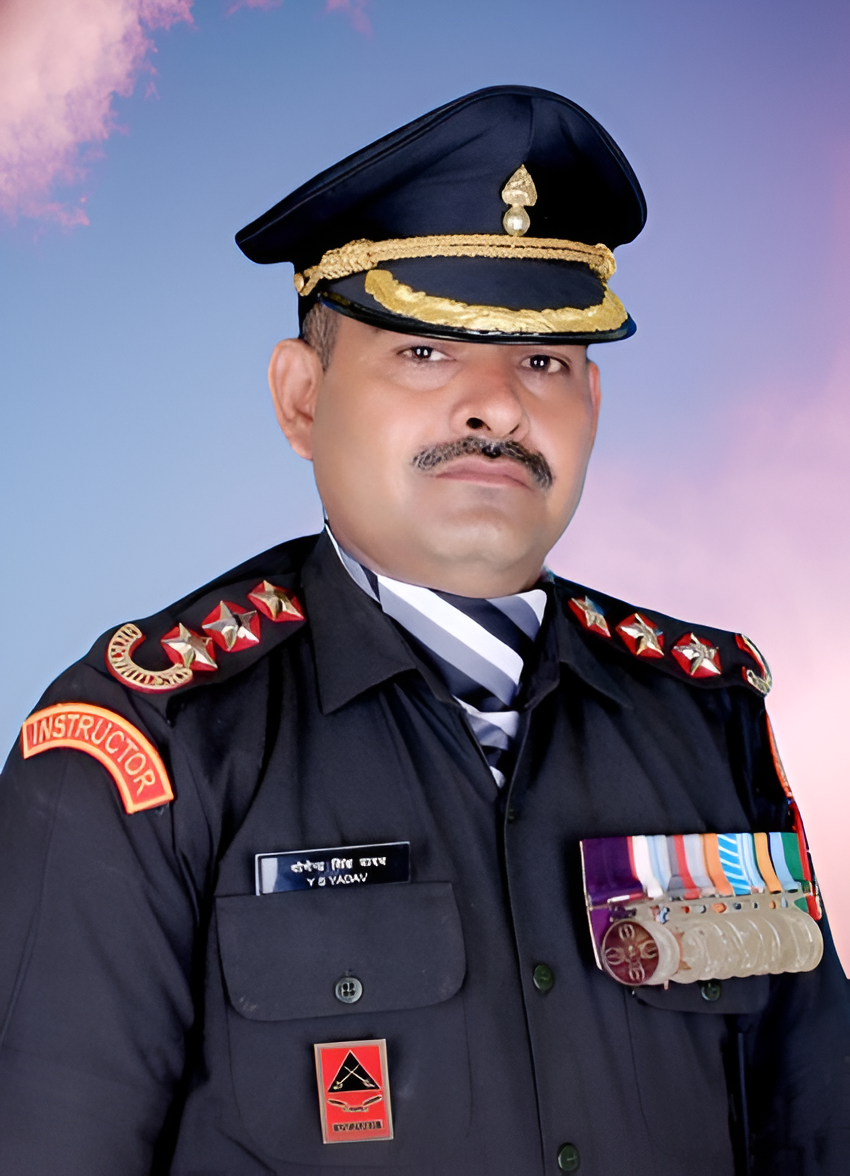
Grenadier Yogendra Singh Yadav (PVC)
Born: May 10, 1980
Martyrdom: Alive (Kargil War)
"Victory comes to those who are willing to pay the price."
Grenadier Yogendra Singh Yadav displayed extraordinary courage at the age of just 19 during the Kargil War. As part of the Ghatak Platoon, he volunteered for a perilous mission to capture Tiger Hill. Despite being severely wounded, he continued to lead the attack, helping secure a crucial victory. His bravery and determination earned him the Param Vir Chakra, making him one of the youngest recipients of this honor.
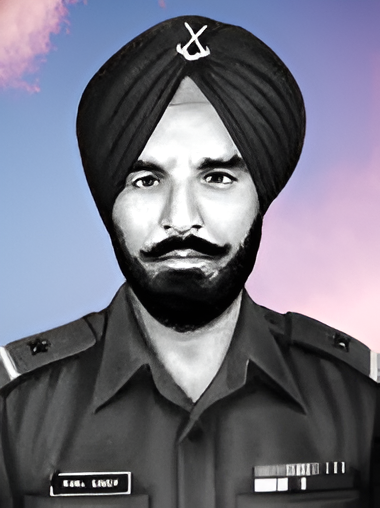
Subedar Major and Honorary Captain Bana Singh (PVC)
Born: January 6, 1949
Martyrdom: Alive (Siachen Conflict)
"When you fight for your country, every victory is worth the ultimate sacrifice."
Subedar Major and Honorary Captain Bana Singh is renowned for his valor during the Siachen conflict. Leading an assault in extreme conditions, he captured a strategic enemy outpost at high altitude, which was later named "Bana Post" in his honor. His leadership and courage during the battle were exemplary, earning him the Param Vir Chakra and cementing his place as a legend in the Indian Army.
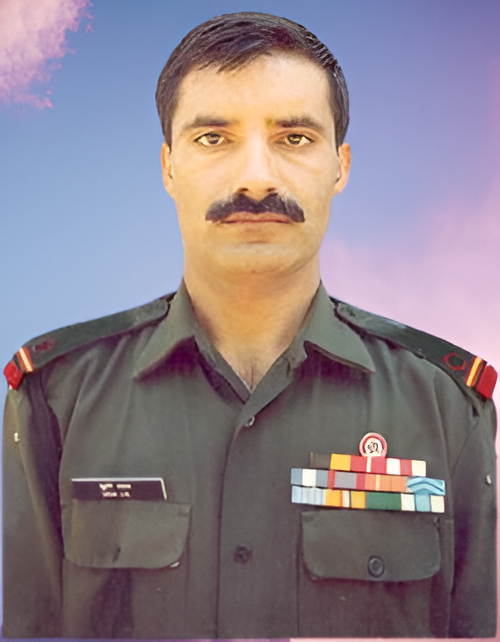
Naib Subedar Chuni Lal (AC, VrC, SM)
Born: March 6, 1968
Martyrdom: June 24, 2007 (Siachen Conflict)
"Bravery is not the absence of fear, but action in spite of it."
Naib Subedar Chuni Lal was an exceptional soldier who served in various conflicts, including the Kargil War and the Siachen Conflict. His extraordinary courage and leadership earned him numerous honors, including the Ashoka Chakra, Vir Chakra, and Sena Medal. His actions during the Siachen conflict, where he successfully defended a vital post, are a testament to his bravery and devotion to duty.
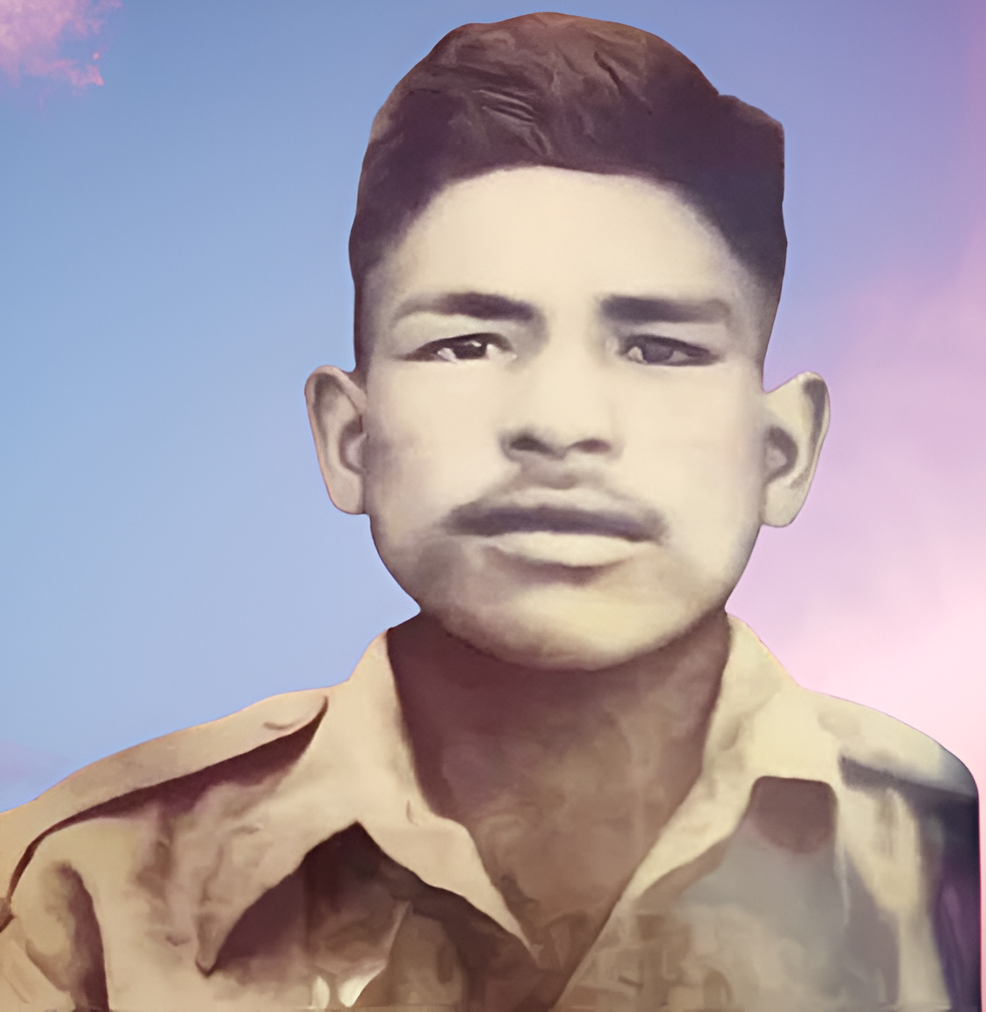
Rifleman Jaswant Singh Rawat (MVC)
Born: August 19, 1941
Martyrdom: November 17, 1962 (Sino-Indian War)
"A soldier's duty is to defend his country, even if it means sacrificing his life."
Rifleman Jaswant Singh Rawat became a legend during the 1962 Sino-Indian War. Defending a strategic post in Arunachal Pradesh, he single-handedly held back the advancing Chinese army for three days, allowing his comrades to retreat safely. He was posthumously awarded the Mahavir Chakra for his bravery in the face of overwhelming odds. His memory is honored at the Jaswantgarh War Memorial, where he is revered as a guardian spirit.
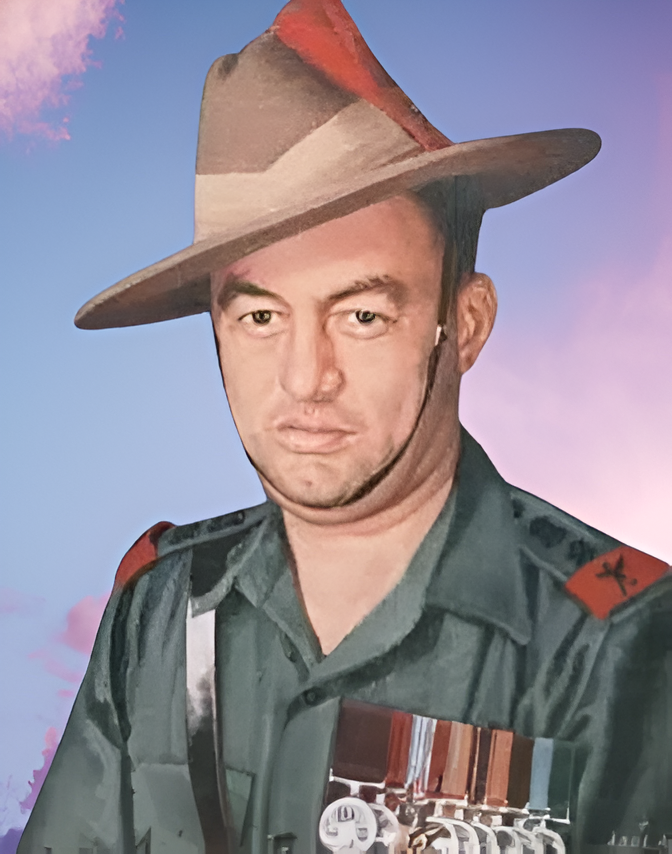
Lt. Col. Dhan Singh Thapa (PVC)
Born: April 10, 1928
Martyrdom: Alive (Sino-Indian War)
"The strength of a soldier lies not in his weapon, but in his heart."
Lt. Col. Dhan Singh Thapa displayed extraordinary valor during the Sino-Indian War of 1962. Commanding an outpost in Ladakh, he and his troops faced a massive Chinese attack. Despite being heavily outnumbered, he led his troops in a fierce defense, inflicting heavy casualties on the enemy. For his bravery and leadership, he was awarded the Param Vir Chakra, cementing his legacy as one of India's greatest military heroes.
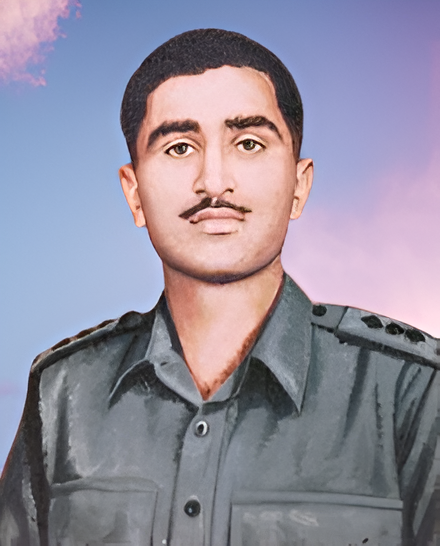
Captain Gurbachan Singh Salaria (PVC)
Born: November 29, 1935
Martyrdom: December 5, 1961 (Congo Crisis)
"True courage is like a sword; it is sharpened only in battle."
Captain Gurbachan Singh Salaria was part of the Indian contingent serving under the United Nations during the Congo Crisis. Leading a Gurkha platoon, he was tasked with neutralizing a heavily fortified enemy position. Despite being outnumbered, he led a bayonet attack that broke the enemy's resistance, saving many lives. His valor was posthumously awarded the Param Vir Chakra, making him a hero in the history of international peacekeeping.
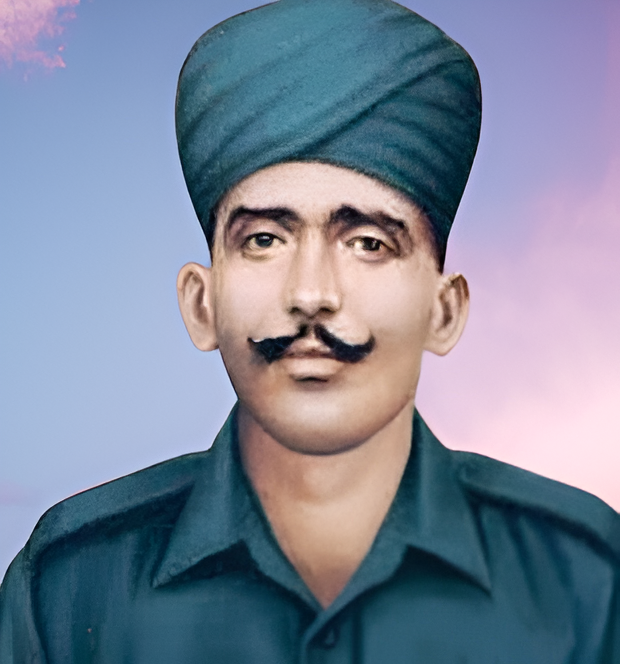
Naik Jadu Nath Singh (PVC)
Born: November 21, 1916
Martyrdom: February 6, 1948 (Indo-Pak War of 1947-48)
"Valor is steadfastness, not of legs and arms, but of courage and spirit."
The valor of Naik Jadu Nath Singh during the Indo-Pak War of 1947-48 is a powerful reminder of the courage shown by Indian soldiers in the early years of India's independence. While defending a strategic post in Jammu and Kashmir, he single-handedly repelled several enemy attacks despite being severely wounded. His actions played a key role in holding the position until reinforcements arrived. He was posthumously awarded the Param Vir Chakra for his gallantry.
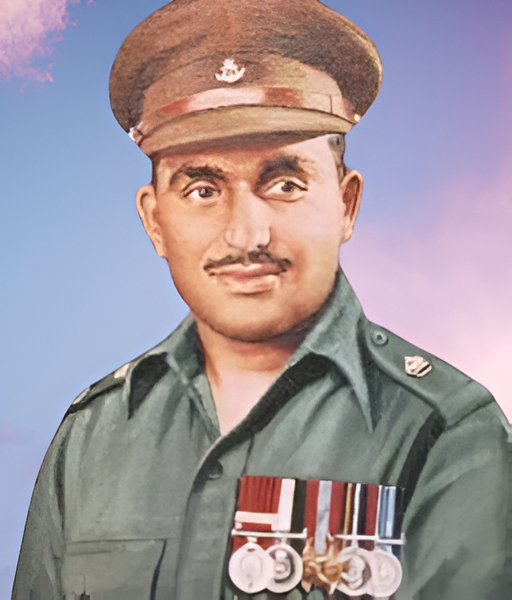
Major Somnath Sharma (PVC)
Born: January 31, 1923
Martyrdom: November 3, 1947 (Indo-Pak War 1947-48)
"The highest honour of a soldier is not to win, but to sacrifice for the nation."
Major Somnath Sharma has the distinction of being the first recipient of the Param Vir Chakra, which was awarded to him for his bravery during the Indo-Pak War of 1947-48. Leading a small contingent, he defended the Srinagar airport from an advancing enemy force, ensuring the security of the Kashmir Valley. Despite being vastly outnumbered and suffering severe injuries, he continued to fight till the end. His sacrifice was crucial in safeguarding India's territorial integrity in Kashmir.